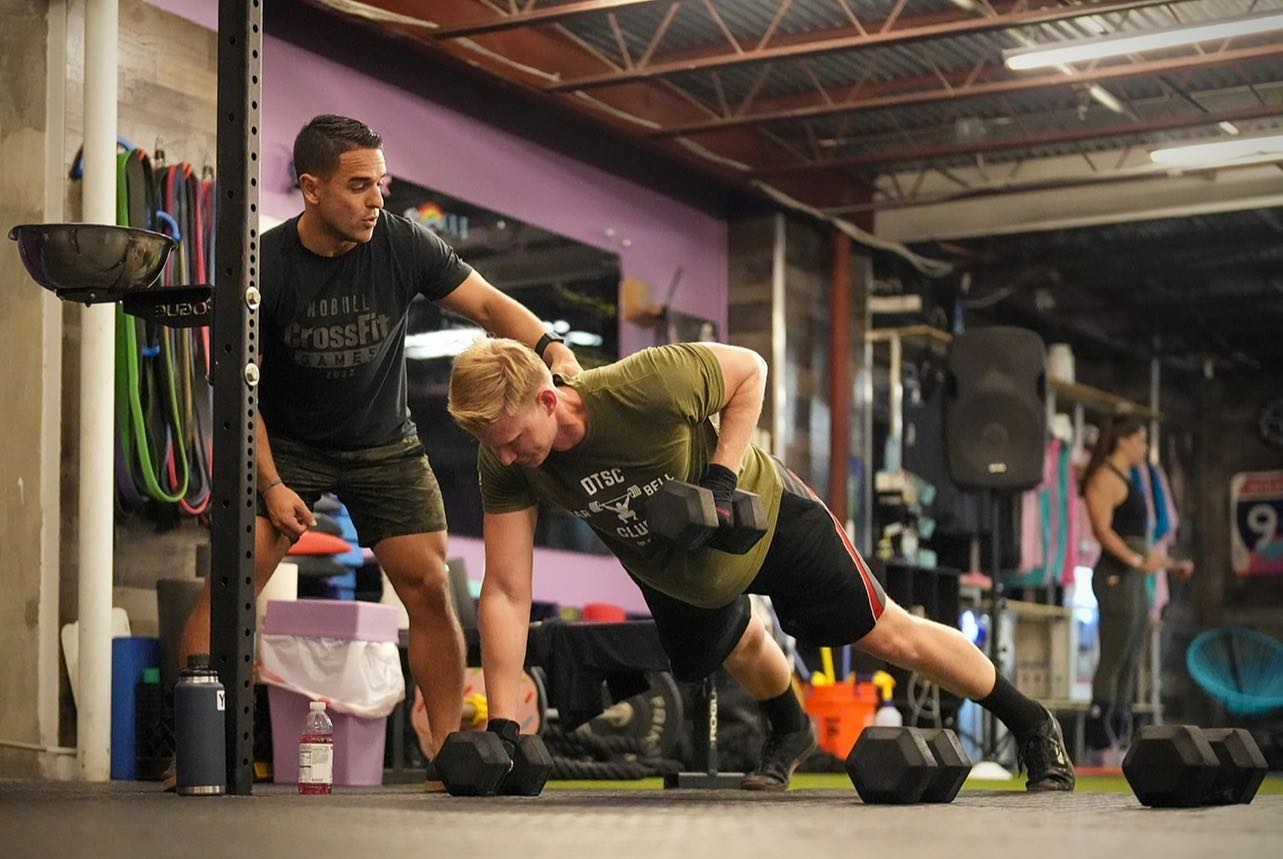We test and review fitness products based on an independent, multi-point methodology. If you use our links to purchase something, we may earn a commission. Read our disclosures.
Learning the ropes of being a strength coach goes well beyond a class or two, or getting an athlete to squat—although that may be part of it. Even though I’ve been to the Olympics for a strength sport specifically (weightlifting), I know there’s still plenty to learn in the world of strength and conditioning.
Many strength coaches and fitness professionals feel the same way and are in pursuit of the best personal training certifications, or in this case, the best strength and conditioning certifications. Well, if you’re looking to pursue a career in strength and conditioning, we have done our due diligence and researched top accredited certifications in the field, and have provided you with our top picks for strength and conditioning certifications.
Our team of certified personal trainers and weightlifting coaches have been certified in a variety of fields with different organizations, and are pretty familiar with the process. We bring that level of expertise to our research here, looking at aspects of these strength and conditioning certifications such as their accreditation, learning format and pacing, prerequisites, continuing education, and exam format.
5 Best Strength and Conditioning Certifications
- Best Strength and Conditioning Certification Overall: NSCA Certified Strength and Conditioning Specialist
- Most Flexible Strength and Conditioning Certification: ISSA Strength and Conditioning Certification
- Best Online Strength and Conditioning Certification: NASM Performance Enhancement Specialist
- Best Value Strength and Conditioning Certification: NCSF Certified Strength Coach
- Best Collegiate Level Strength and Conditioning Certification: CSCCa Strength and Conditioning Coach Certified
What Does a Strength and Conditioning Coach Do?
The job and goals may vary a bit depending on their workplace, but generally, a strength and conditioning coach is responsible for creating a strength and conditioning program for any sport, be it a team sport or working with individual athletes.
The main goal of a strength and conditioning coach is to increase athletic performance with an emphasis on injury prevention. Most of this will be done by programming strength training and plyometrics for athletes, but it’ll expand beyond the weight room. Coaches will be well-versed in physiology and kinesiology.
Certification programs for strength and conditioning will also hit topics like recovery, supplementation, sports nutrition, and even sports psychology. While a strength and conditioning coach won’t be an expert in those fields, they will have a basic foundational knowledge of these fields that can be used in their training of athletes.
To summarize, a strength and conditioning coach helps fulfill an athlete’s potential in and out of the gym. The best certifications have program designs that help coaches unlock their potential, as well. So let’s break down each of our top picks for the best strength and conditioning certifications.
Best Strength and Conditioning Certification Overall: NSCA Certified Strength and Conditioning Specialist
Good for: Anyone looking to have a career in the field of strength and conditioning
Best Overall
NSCA CSCS Certification
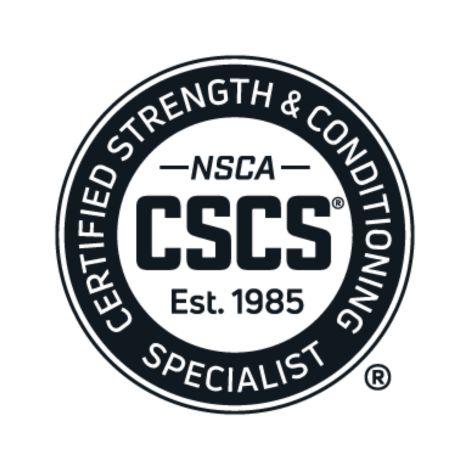
Product Highlights
- Certified Strength and Conditioning Specialist
- Prepares coaches to work with athletes and teams
- Bachelor’s degree required
- CPR/AED certification required
- 220-question exam
- 38% overall pass rate
Pros & Cons
Pros
- Highly recognized certification
- Delivers in-depth knowledge of strength and conditioning
- Multiple-choice question exam
Cons
- Study materials are separate from exam costs
- Exam must be taken within 120 days of registering
- In-person exam only
- Exam pricing starts at $340
Bottom Line
The CSCS program has been the gold-standard in the strength and conditioning community since 1985. The certification qualifies candidates to work with athletes, teams, and other sport-specific scenarios. To sit for the CSCS exam, you must have a bachelor’s degree or higher (or currently be enrolled as a college senior at an accredited institution). The CSCS is certified by the National Strength and Conditioning Association (NSCA).
As GGR staff writer Lauren Strong, CPT, says in her review of the certification, the CSCS is the gold standard for strength and conditioning coaches. If you’re planning on a professional career in the field, this is definitely one of the best certifications to consider.
RELATED: What Is the CSCS?
Provided by the National Strength and Conditioning Association, the certification focuses on giving you the tools for building training programs for collegiate and professional teams or individual athletes, with a focus on injury prevention. It’s an advanced certification and, because of that, has advanced requirements and examinations.
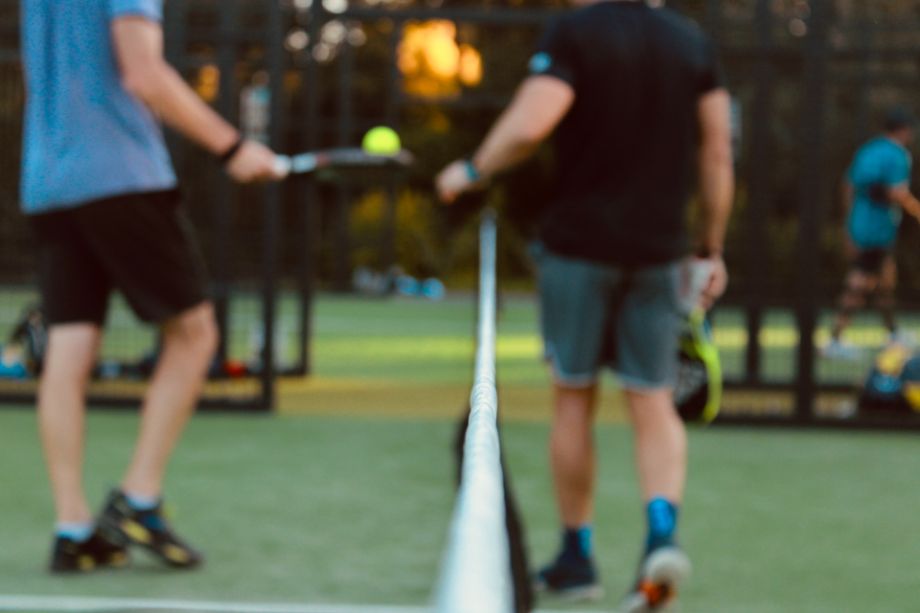
Currently, the NSCA CSCS requires a transcript of a bachelor’s degree—or a terminal degree in physical therapy or chiropractic medicine—as well as a CPR/AED certification for applicants in the USA and Canada. Starting in 2030, however, the NSCA will require a bachelor’s degree in kinesiology, exercise science, or a similar field, which will narrow the field of applicants.
The change matches the difficulty of the exam, and also elevates the prestige in the field of having this certification. The 220-question exam is broken up into two parts and is tested in-person, with a 4-hour time limit. Questions span the gamut of strength and conditioning, but test-takers will need a solid understanding of anatomy and physiology to be able to successfully take the exam.
With the difficulty, at least the NSCA has provided a variety of study materials, ranging from a textbook to an online course and quiz questions. We gave the range and breadth of study materials a 5 out of 5, as they’re able to fit into anyone’s study methods.
With all this difficulty, the exam is still worth it if you’re wanting a career in the field. GGR expert panelist Jarrod Nobbe, CSCS, USAW-L2, says about the credentials of the CSCS, “If you want to go into collegiate strength and conditioning, having your CSCS is definitely one of those first boxes hiring teams look to check off.”
| Price | $340 for NSCA members, $475 for non-members |
| Course length | Must take exam within 120 days of registering, estimated 3 to 6 months for most |
| Learning platform | Textbook, online study course, and study questions available for purchase |
| Exam format | In-person, 220 multiple-choice questions broken into 2 sections |
| Recertification requirements | 6 CEUs (60 hours) every 2 years, maintaining CPR/AED certification |
Most Flexible Strength and Conditioning Certification: ISSA Strength and Conditioning Certification
Good for: Those wanting to work at their own pace for a strength and conditioning certification
Most Flexible
ISSA Strength and Conditioning Certification
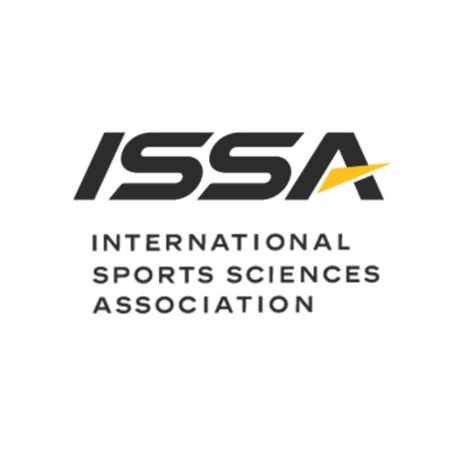
Product Highlights
- Online strength and conditioning certification
- NCCPT-accredited exam
- Online coursework and exams available
- Monthly payment plan available
- CPR/AED certification required
Pros & Cons
Pros
- Online certification
- Proctored or online exam available
- Study support team available
- Course material included in price
Cons
- At-home version of the exam isn’t NCCA-accredited
- May not be ideal course for users who struggle with self-learning
Bottom Line
The International Sports Science Association Strength and Conditioning Certification is an online course designed to prepare one for training athletes in sports performance. The course includes an online book and study materials, as well as access to a student forum. This certification is self-paced and requires an online or proctored exam done within eight months of registering.
Most of us have pretty busy schedules, constantly running to and fro, from this event to the next one. For the busy body, the International Sports Science Association provides one of the most flexible strength and conditioning certifications on the market: the ISSA Strength and Conditioning Certification.
Priced at just over $600, the strength and conditioning course gives you access to all study materials for the course, including an online textbook, study guide and workbook, practice exams and quizzes, an online exercise lab, online or proctored exam, plus a free professional website builder to start your business with. The course is also self-paced, allowing you to work how and when you want.
Once registered, you have eight months to complete the exam, which can either be proctored or done open-book at home. Remember though, that only the proctored exam gives you the certification that is accredited by the NCCA (National Commission on Certifying Agencies). Also, there may be additional proctoring fees.
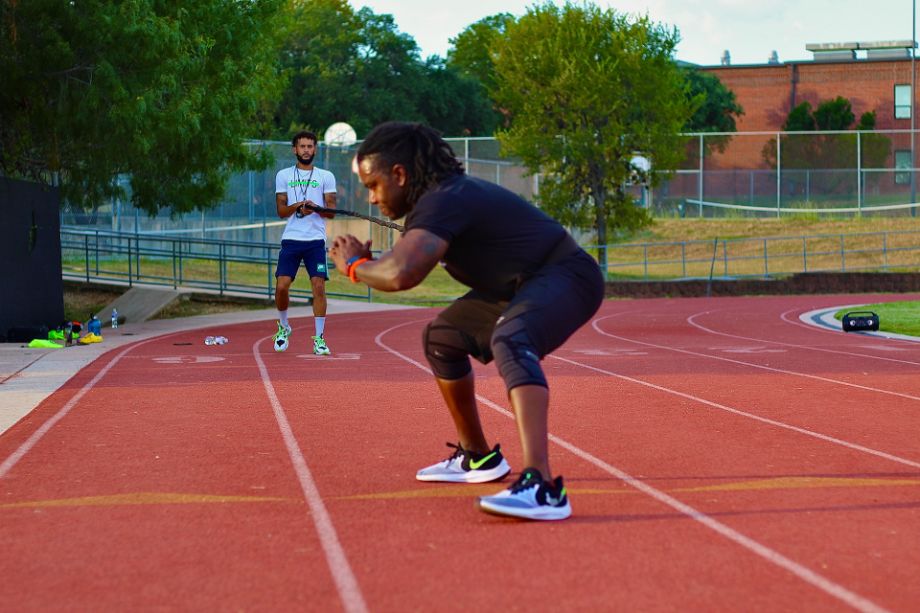
Continuing education is relatively simple, as the ISSA requires 2.0 continuing education units (CEUs) every two years. It’s possible to obtain all continuing education units through the ISSA by taking other specialty courses and certifications. Most courses offered are actually worth 2 or more units, making it simple to recertify.
There aren’t any prerequisites outside of a CPR/AED certification, and this is one of the more expensive strength and conditioning certifications available. With that said, the flexibility will certainly help some with certifying at their own pace and speed.
| Price | $639.20 paid in full or in 6 or 12 monthly installments |
| Course length | Self-paced, but within 8 months |
| Learning platform | Online textbook and course |
| Exam format | In-person proctored exam, or at-home (with different accreditation) |
| Recertification requirements | 2.0 CEUs (20 hours) every 2 years, maintaining CPR/AED certification |
Best Online Strength and Conditioning Certification: NASM Performance Enhancement Specialist
Good for: People wanting a flexible, online course to specialize in strength and conditioning
Best Online
NASM-PES Certification
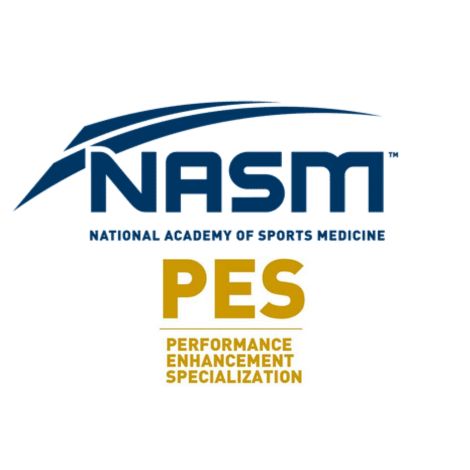
Product Highlights
- Performance Enhancement Specialization (PES) certification
- Can enhance a CPT certification
- Suitable for athletic trainers or physical therapists
- Some prerequisites required for PES
- 1-year timeline to complete course
Pros & Cons
Pros
- Online final exam
- Does not require recertification
- Potential to earn CEUs
Cons
- 90-minute max for final exam
- Not NCCA-accredited
Bottom Line
The NAS-PES certification can help fitness industry professionals enhance their knowledge of strength and conditioning. The course features anatomy and physiology, plyometrics, speed, agility, resistance training, and olympic lifting to name a few. There is also a chapter on performance nutrition. The final exam can be taken online and is a 100 multiple choice question exam that has to be completed in 90 minutes.
If you’re looking for an entirely online certification, one of the best options available is from NASM, the National Academy of Sports Medicine, and their certification for a Performance Enhancement Specialist. With this course, you’ll go over:
- Anatomy and physiology for sport
- Sport performance testing, integrated training, and programming
- Olympic lifting and injury prevention
- Sport nutrition and psychology
The course ends with a timed exam with a 90-minute limit of 100 questions. The test is open-book, however, which may not be the best rubric for showing retention of the material covered. For that reason, I rated the final exam a 3.5 out of 5.
There is a pretty robust amount of study materials, which is provided by the basic self-study package: a digital textbook, an online exam, two practice exams, a study guide, videos and lectures, exercise libraries, and module quizzes. The premium self-study branch includes bonus content that talks on weight room maintenance and management, along with sport-specific lectures—plus a programming toolkit to help start you programming for teams and individuals.
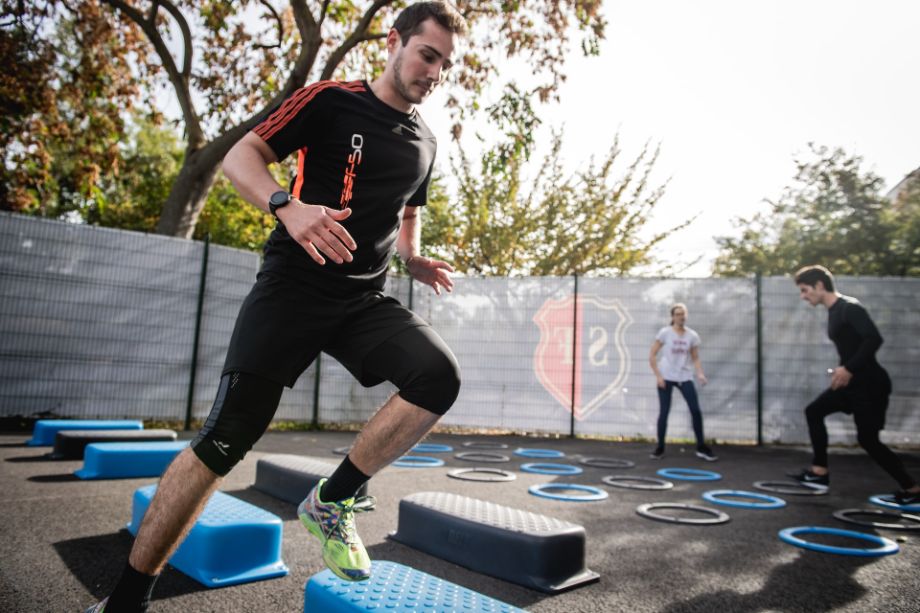
The main callout with the PES is that there are no requirements for continuing education. Once you earn your NASM-PES certification, you have it for life, and never need to recertify or renew. That gives the certification a 1 out of 5 in continuing education. While NASM recommends having a prior certification before taking this course, it’s not required, either.
RELATED: NASM vs NSCA Certifications
This course lacking continuing education and prerequisites makes sense, as this certification doesn’t seem as robust or as in-depth as other certifications, like the CSCS. While this may not have the prestige of other strength and conditioning certifications, it may still be a great addition to a NASM-CPT certification.
| Price | $599 paid in full or in 12 monthly payments, or premium self-study at $749 |
| Course length | Access for 1 year, typically takes 8-10 weeks |
| Learning platform | Online |
| Exam format | Online, 100 multiple-choice questions, timed for 90 minutes |
| Recertification requirements | Doesn’t require recertification |
Best Value Strength and Conditioning Certification: NCSF Certified Strength Coach
Good for: People on a budget looking to enter the field of strength and conditioning
Best Value
NCSF Certified Strength Coach
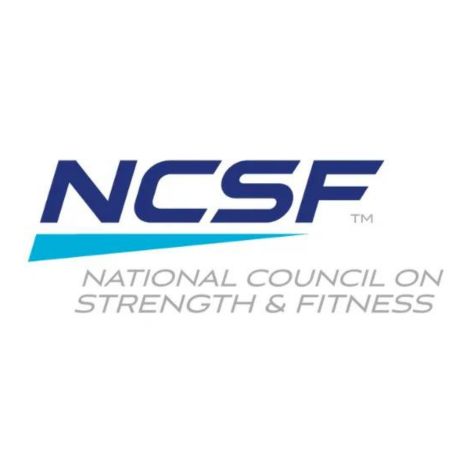
Product Highlights
- Strength and conditioning certification
- NCCA-accredited
- Meets NCAA recommendations for strength and conditioning coaches
- Online or in-person final exam
- Requires NCCA-accredited personal trainer certification
Pros & Cons
Pros
- Self-paced
- NCCA-accredited
- Online or in-person exams available
- Lower recertification requirements
Cons
- Requires personal trainer certification
- Must take exam within 6 months of registering
Bottom Line
The National Council on Strength and Fitness Certified Strength Coach course is an accredited certification done online, with an optional hard copy textbook available for purchase. Both online and in-person versions of the exams are accredited by the NCCA, and the course meets all NCAA recommendations for strength and conditioning coaches. Applicants must take the exam within 6 months of registering.
Those not wanting to drop close to $1,000 on certifications and textbooks may find the NCSF Certified Strength Coach certification a nice alternative. Starting at $399 for the basic home study course package, it’s definitely one of the least expensive certifications on this list. The certification also has financing options for those who don’t want to pay the cost all at once.
Although it may be cheap, it doesn’t mean this certification isn’t worth it. The NCSF-CSC program is accredited by the NCCA and also meets the NCAA recommendations for all strength and conditioning coaches. The exam has in-person or at-home options and still maintains its accreditation—a rare feat in certifications.

The course will cover assessment of elite athletes, as well as improving athletic movement, sport metabolism, nutrition, and supplementation, developmental training, and programming for performance. You’re required to have a NCSF-CPT certification, or similar NCCA-accredited personal trainer certification to be able to take this course.
RELATED: How to Become a Personal Trainer
Like most strength and conditioning certifications, the NCSF-CSC program is self-paced, but once you’re registered, you have six months to schedule and take the exam. If you’re completely new to strength and conditioning, you may want to do a bit of studying prior to registration, as the course is expected to take 2 to 4 months for most people.
| Price | Starting at $399 with financing available |
| Course length | 2-4 months, but must test within 6 months of registering |
| Learning platform | Online course with optional hard copy of textbook |
| Exam format | Proctored, 150 multiple-choice questions with a 3-hour time limit |
| Recertification requirements | 10 CEUs every 2 years |
Best Collegiate Strength and Conditioning Certification: CSCCa Strength and Conditioning Coach Certified
Good for: Those looking to specialize in training collegiate-level or professional athletes
Best Collegiate
CSCCa SCCC Certification
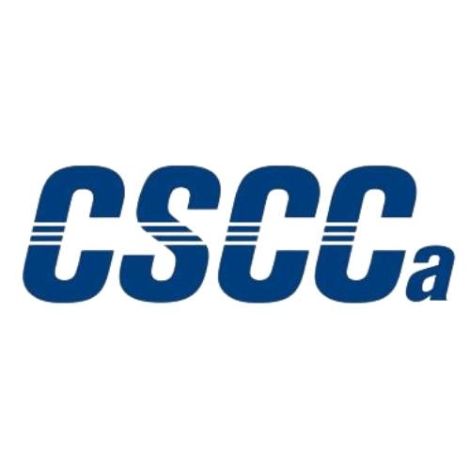
Product Highlights
- NCCA-approved strength and conditioning certification
- Requires college degree and CPR/AED certification
- Includes 640-hour practicum or internship program, a written certification exam, and a practical exam before a panel
- Participants must be current strength and conditioning coaches or students studying to be coaches
Pros & Cons
Pros
- Extensive program
- Highly regarded certification in strength and conditioning
- NCCA-accredited
Cons
- Extremely stringent requirements
- Expensive
- Cannot hold dual certifications in other fields
Bottom Line
One of the most stringent certification programs in the field of collegiate strength and conditioning is the SCCC, provided by the Collegiate Strength and Conditioning Coaches association. The certification has a three-pronged approach to its certification: a 640-hour internship, plus a written and practical exam. In addition, the certification is available only to current strength and conditioning coaches, or students studying to become coaches.
For those serious about a professional career in strength and conditioning, there is the CSCS. For those who are very serious about a career on the professional or collegiate level, you may want to consider the SCCC certification, provided by the Collegiate Strength and Conditioning Coaches Association. Somewhat like the CSCS, this certification provides an extremely intensive certification process.
Unlike the other strength and conditioning certifications we’ve discussed, the SCCC certification is a three-pronged certification. The first part involves a practicum or internship program that is no less than 640 hours. The next part is a written exam, followed by a practical exam done in front of Master Strength and Conditioning Coaches, who are the next certification above the SCCC.
In addition, the prerequisites are a lot; the SCCC requires a college degree, along with an application process, which includes sending in a program design, as well as proof of your 640-hour internship. Applicants will be screened before they’re accepted for the certification course, too.
One specific stipulation of this certification is that applicants can’t be certified in other fields. Because a professional strength and conditioning coach’s career is so specialized and necessary, the CSCCa wants applicants only focusing on that specialization. So if you’re already a certified personal trainer or nutrition coach, there’s a good chance you can’t even start this program.

There isn’t a lot of guidance online for studying for the exam—just a few textbooks to reference, as well as basic sample questions and videos. You won’t have much guidance in how to study for this certification. For most casual learners, this will be way too intensive of a course to take. However, for those wanting to hold a collegiate strength and conditioning position, this is definitely a certification to look into.
| Price | $360 for CSCCa members, $470 for non-members, plus a practicum fee of $230 |
| Course length | Course for exam is self-paced, but certification does require a 640-hour practicum/internship program |
| Learning platform | Textbooks and online study materials, along with a practicum/internship program |
| Exam format | 3 parts, including a practicum/internship, multiple-choice exam, and a practical exam done before a panel |
| Recertification requirements | 45 CEUs every 3 years |
Other Strength and Conditioning Certifications We Researched
While the above list features our picks for strength and conditioning certifications that’ll work for the majority of people entering the field, this isn’t an exhaustive list of the strength and conditioning courses available. Here’s a few others that we’ve researched in making this list:
- ACE Fitness Sports Performance Specialty: This course is open to anyone, but only people with a recognized certification already will be considered an ACE Sports Performance Specialist. Becoming a Sports Performance Specialist through ACE can count toward continuing education for some organizations, or as a certified personal trainer, but keep in mind this is not a certification but a specialty program.
RELATED: What Is ACE Certification?
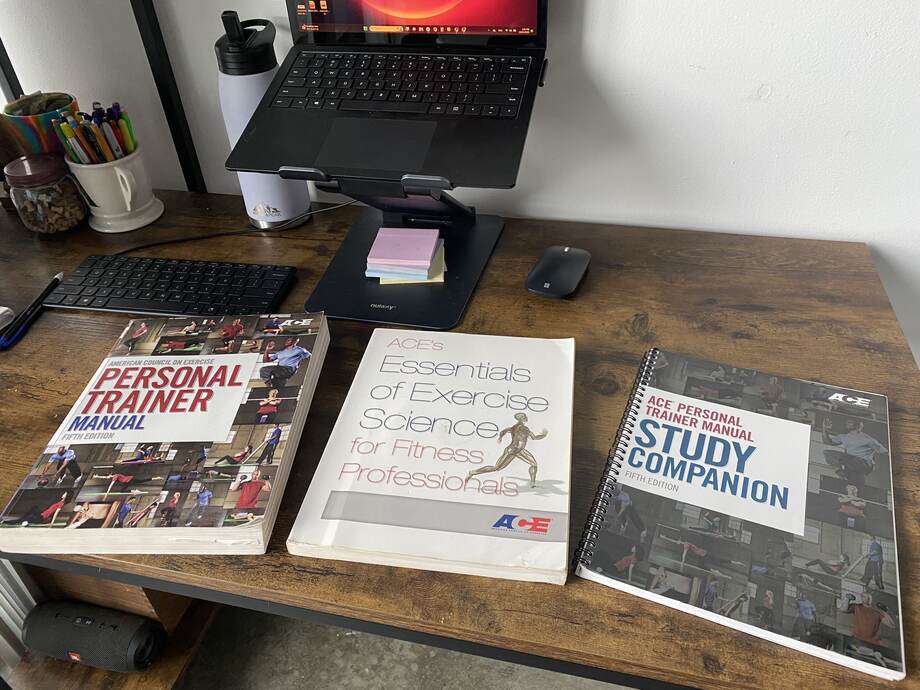
- NSCA Tactical Strength and Conditioning Facilitator: The NSCA TSAC-F certification is another strength and conditioning course from the National Strength and Conditioning Association. However, this certification is much more specialized for military and first responders.
- CSCCa Master Strength and Conditioning Coach: As intensive as the Strength and Conditioning Coach Certification course is from the CSCCa, their second-level certification—Master Strength and Conditioning Coach—requires you to be a professional strength and conditioning coach for a minimum of 12 years.
- IYCA High School Strength and Conditioning Specialist: This specialty certification focuses on strength and conditioning at the high-school level, so if you’re looking at coaching a high-school team during the off-season, this might be a good course. Keep in mind that this isn’t an accredited program, though.
How We Picked and Tested The Best Strength and Conditioning Certifications
The members of Garage Gym Reviews’ editorial team are certified personal trainers, nutrition coaches, and lifting coaches through a variety of agencies. I myself am currently studying for the CSC exam. So in making this list of our top strength and conditioning certifications, we’ve had hands-on experience with several associations offering these certifications.
In addition to that, our team and I did extensive research into these programs and courses, diving into each certification’s site, looking at the process for certification and several criteria which I rated from 1 to 5, including:
- Price and value: The course should be informative and worth your time and money—but not all of your money.
- Course length: How long does the self-paced course typically take, or is it a fixed time frame?
- Accreditation: I was looking to see if these certifications were NCCA-accredited, or at least accredited by a similar agency to the National Commission for Certifying Agencies.
- Continuing education: Each strength and conditioning course typically requires some amount of continuing education to remain certified, either through course work or practical experience.
- Prerequisites: Does the course have any requirements up front, and are the requirements reasonable for the level of the certification?
- Studying and learning options: Does the course offer different options for studying through textbooks or online study material?
- Final assessment or exam: Does the final exam reasonably test the coach’s knowledge of the material, and what is the format like?
After rating these individual criteria, I averaged out the scores to find our rating for the course or certification.
Who Should Become a Strength and Conditioning Coach?
Anyone who is looking to work with athletes or teams in a gym atmosphere should seriously consider getting strength and conditioning certification. Full-time strength and conditioning coaches will absolutely need a certification to get any professional position.
People adjacent to strength and conditioning—personal trainers, physical therapists, and massage therapists, for example—can also benefit from a strength and conditioning certification, even if it isn’t your main profession. Certified personal trainers can earn a strength and conditioning certification for specialization in working with professional athletes, for example. It can also be a great way to earn continuing education in current certifications.
Strength and conditioning certifications can benefit anyone looking to learn more about:
- Strength training and conditioning for athletes
- Injury prevention
- Anatomy, physiology, and kinesiology
- Sports nutrition and psychology as it pertains to athletic training
Buying Guide: What to Look for in a Strength and Conditioning Certification
So, shopping around for the best strength and conditioning certification for you? Here are a few criteria to look out for in these certifications.
Cost
Although most strength and conditioning certifications are under $800, which is low compared to some CPT certifications and the best health coaching programs, make sure to also factor in the price of additional study materials. Some certifications include study materials, but others require you to purchase textbooks and other study materials separately, which can start to add up.
Additionally, you can look for financing options if you’re not looking to drop several hundred dollars at once. Most major agencies offer interest-free plans over 6 to 12 months.
Prerequisites
Most strength and conditioning courses will require at the minimum a valid CPR and AED certification to be eligible for the certification. However, more advanced and prestigious certifications, like the NSCA CSCS or CSCCa SCCC certifications, will ask for more—notably a college degree.
Course Length
Most strength and conditioning certifications are self-paced, but require taking the exam within a certain time frame after registering, usually between 4 and 8 months. If you’re newer to the material, or have less experience in the field, it may be better to begin your studying before registering for the certification, to give you optimal time to take the test.
Course Material
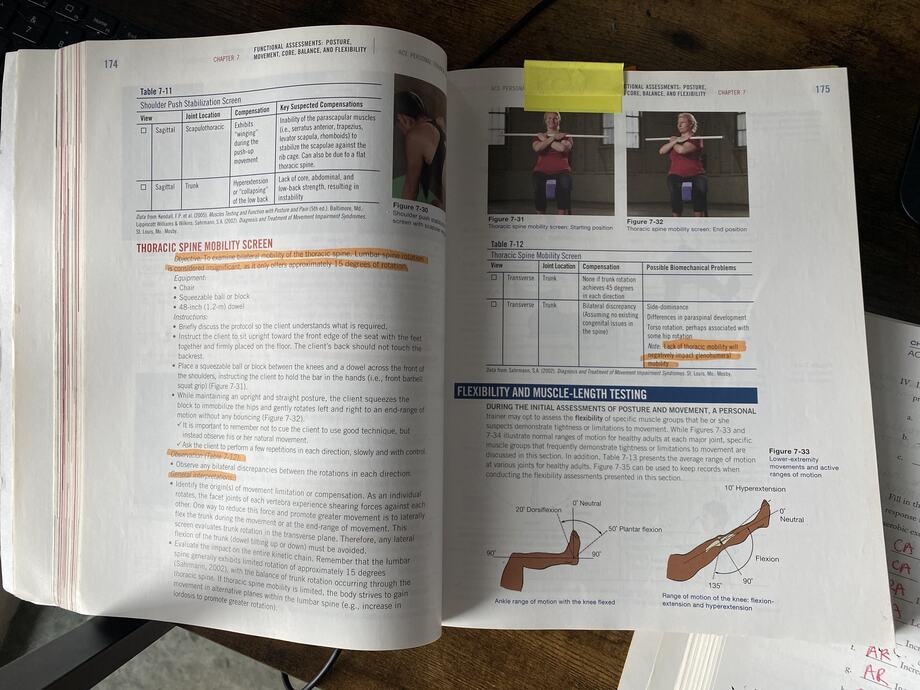
Being a specialized certification, the course will typically dive deeper into several categories. However, the course material should cover at least:
- Programming for athletes and teams
- Strength training
- Anatomy, physiology, and kinesiology
- Exercise technique
- Injury prevention
- Sports nutrition
- Sports psychology
- Organization and administration
These topics will be a solid foundation for any strength and conditioning coach.
Learning Format
It’s important to know yourself and how you learn best, and then to find a strength and conditioning certification that suits your learning style. Some certs are self-paced, while others are guided courses. Be on the lookout for the type of study materials available, as well: textbooks, quizzes, interactive guides, video lectures, or more.
Exam Format

Some strength and conditioning certifications are taken in-person, and those are usually the more sought after certifications for those hiring. Others offer open-book, online, untimed final exams, which might suit you better. But keep in mind that the more prestigious certifications require a proctored exam (*cough* CSCS *cough*).
Accreditation
When it comes to certifications, the best you can get is the NCCA accreditation from the National Commission for Certifying Agencies. Other notable accreditations would be from the Distance Education Accreditation Commission (DEAC) and the National Board of Fitness Examiners (NBFE). But if you can find that NCCA accreditation, then that’s going to be the most sought after.
Recertification Requirements
Most courses go beyond passing the certification exam. Strength and conditioning certifications often require continuing education credits (CECs) or continuing education units (CEUs)—or a retaking of the certification exam prior to the certification expiration date to remain certified. Typically, this is shown as 20 hours (or 2.0 units) every 2 years, although it may slightly vary.
More advanced certifications—such as the CSCS or SCCC—will require more units. The CSCS requires 6.0 units every 2 years, for example.
Best Strength and Conditioning Certifications: FAQs
What certifications do you need for strength and conditioning?
The gold standard for strength and conditioning certifications is the NSCA CSCS certification. However, many strength and conditioning certifications exist for all sorts of needs and levels. Here are our picks for the best strength and conditioning certifications.
Best Strength and Conditioning Certification Overall: NSCA Certified Strength and Conditioning Specialist
Most Flexible Strength and Conditioning Certification: ISSA Strength and Conditioning Certification
Best Online Strength and Conditioning Certification: NASM Performance Enhancement Specialist
Best Value Strength and Conditioning Certification: NCSF Certified Strength Coach
Best Collegiate Level Strength and Conditioning Certification: CSCCa Strength and Conditioning Coach Certified
What is the hardest strength and conditioning certification?
Two of the more difficult strength and conditioning certifications to obtain are the NSCA Certified Strength and Conditioning Specialist, and the CSCCa Strength and Conditioning Coach Certified. Both certifications require a bachelor’s degree (or a senior-level undergraduate in the case of the SCCC) as well as a CPR and AED certification.
Additionally, the CSCCa SCCC has a three-part examination process, involving a practicum or internship, a written exam, and a practical exam performed in front of a panel of Master Strength and Conditioning Coaches, making this one of the most difficult certifications available for strength and conditioning.
Which certifications do you need to be a personal trainer?
There are many personal trainer certifications available to those looking to enter the fitness industry, for beginners and advanced trainers alike. Here are our top picks for the best personal training certifications:
Best Personal Training Certification Overall: NASM
Best Personal Training Certification for Student Support: ISSA
Best Personal Training Certification for Future Specialization: ACE
Best Value Personal Training Certification: NCSF
Best Personal Training Certification to Work with Athletes: NSCA
Best Affordable Personal Training Certification: NFPT
Best for Working with Special Populations or in Clinical Settings: ACSM
Best with Long Recertification Term: NESTA
Further reading

These heart-pumping, strength-building treadmill-dumbell workouts are a great addition to just about anyone’s fitness routine. Read more

In this Titan Fan Bike review, you’ll see how this budget option compares to the well-known competition. Read more

In doing our research, we found initial sales on fitness equipment of up to 40% off. When the Big Spring Sale hits, we bet you’ll find discounts on fitness trackers, cardio equipment, and Bluetooth speakers (you gotta have tunes while you work out). In our guide, you'll find the best Amazon Prime Day fitness deals available. Read more

Our Brute Force Sandbag review details exceptional durability as well as your options when it comes to sizes. Read more

